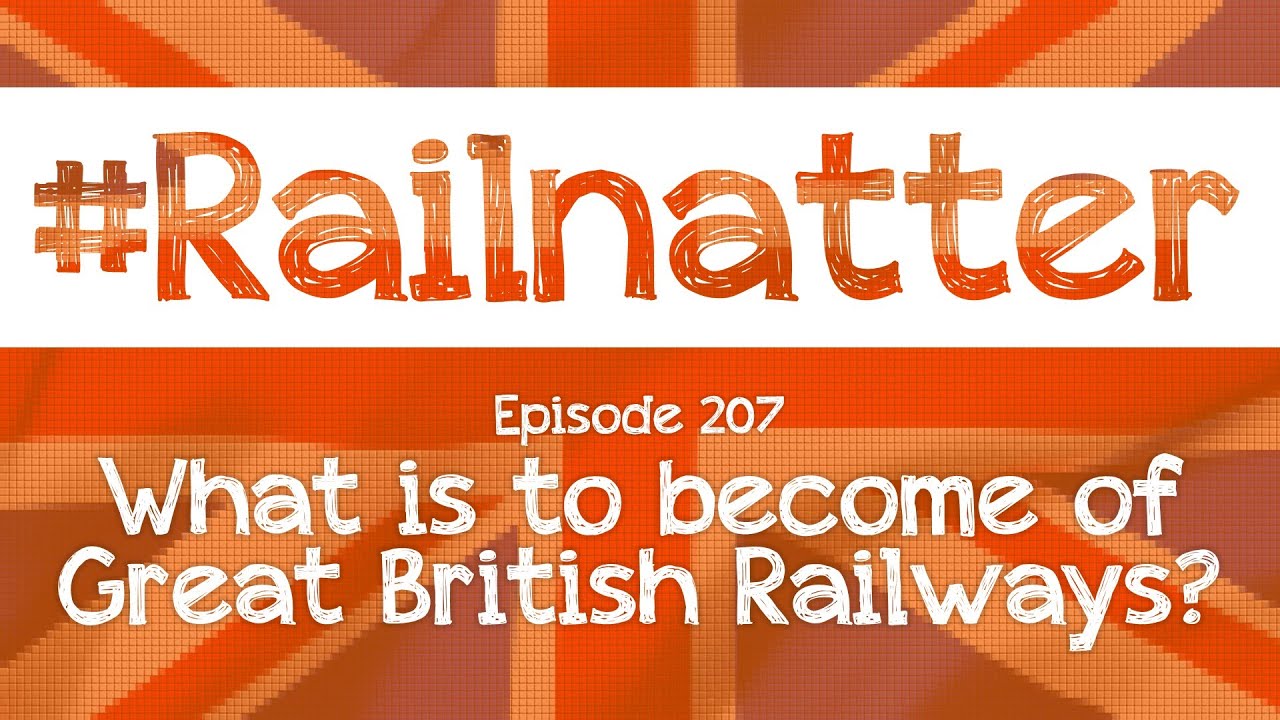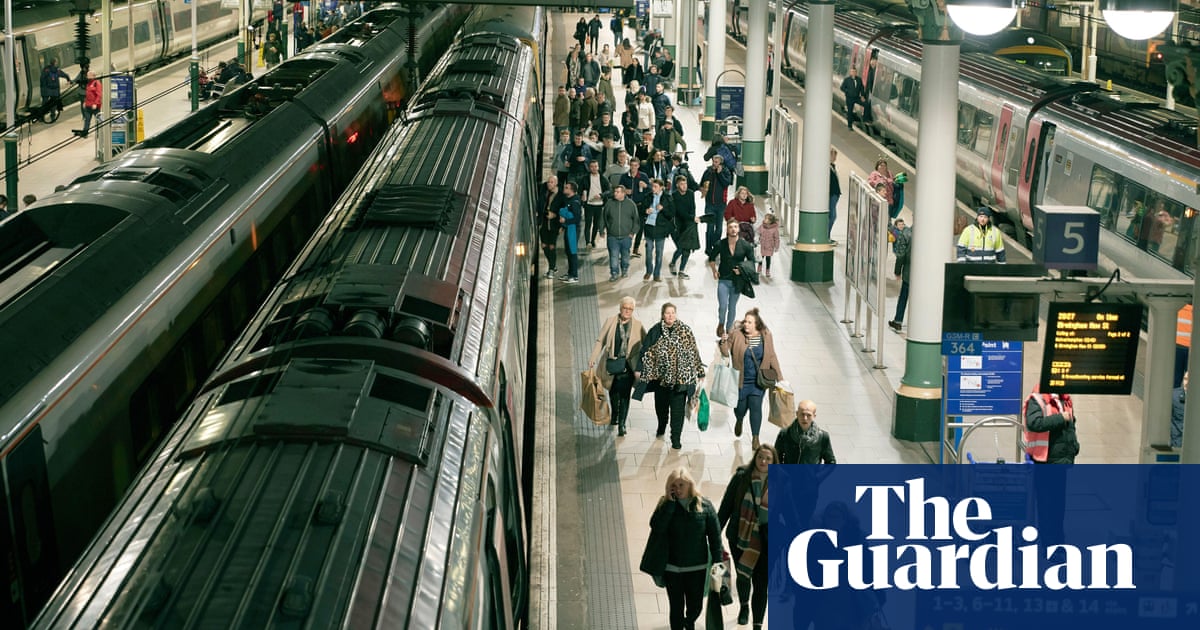LNW-GW Joint
Veteran Member
Scotland and Wales can tweak priorities and funding for railways on their patches, compared to other spending areas, which is a degree of freedom.Doesn't the potential structure of the railways in England under Labour already exist in Scotland?
Scottish government own ScotRail and Transport Scotland set the direction and budget of ScotRail and manage Network Rail in Scotland.
In Wales, Welsh Govt own TfW and set it's direction, and the Core Valley Lines are now devolved to Welsh Govt and managed by TfW.
Network Rail in Wales otherwise remains managed and funded by DfT in London. (Needless to say Welsh Govt are not happy with this and would much rather have the Scottish setup in Wales).
But their overall funding is derived from Westminster and set by the UK Treasury (using local "Barnett consequentials").
The railway structure (public/private with central regulation) is set in UK legislation, with some local variations.
(eg Scotrail and TfW have to operate like any DfT TOC under current legislation, regulated by ORR).
Scotland and Wales are not fully autonomous governments, though they often pretend that they are.
They also have tax and capital-raising powers for local spend, but seem reluctant to use them.


